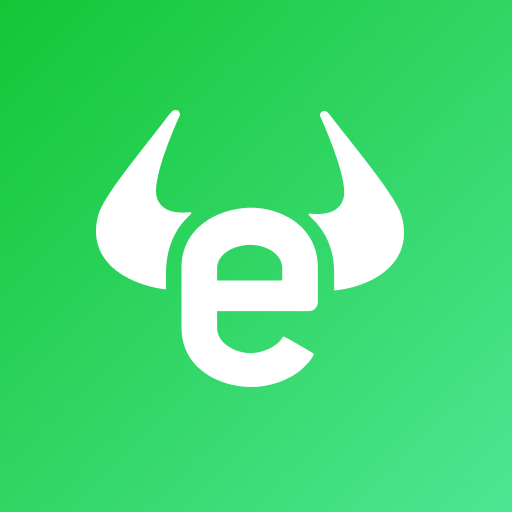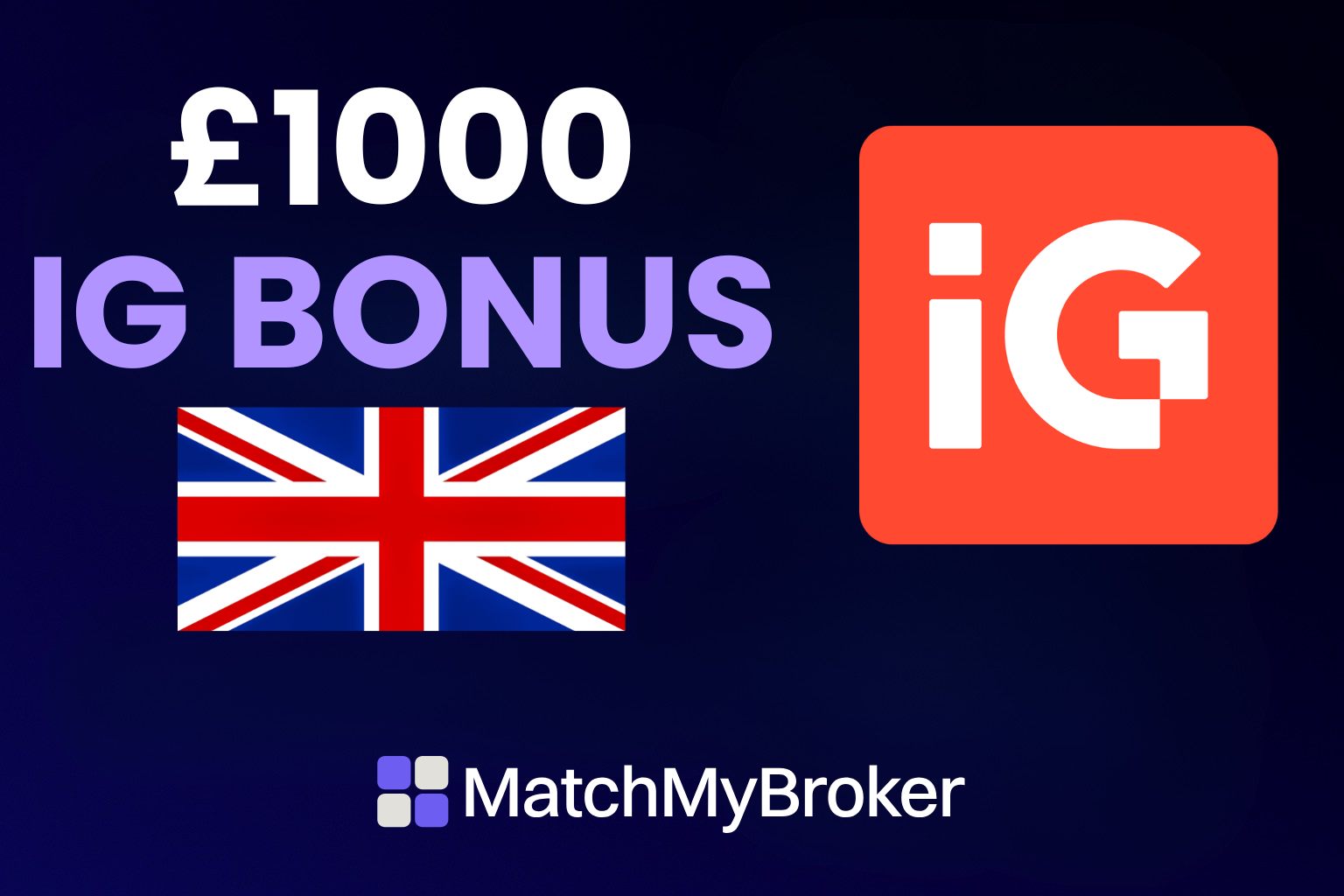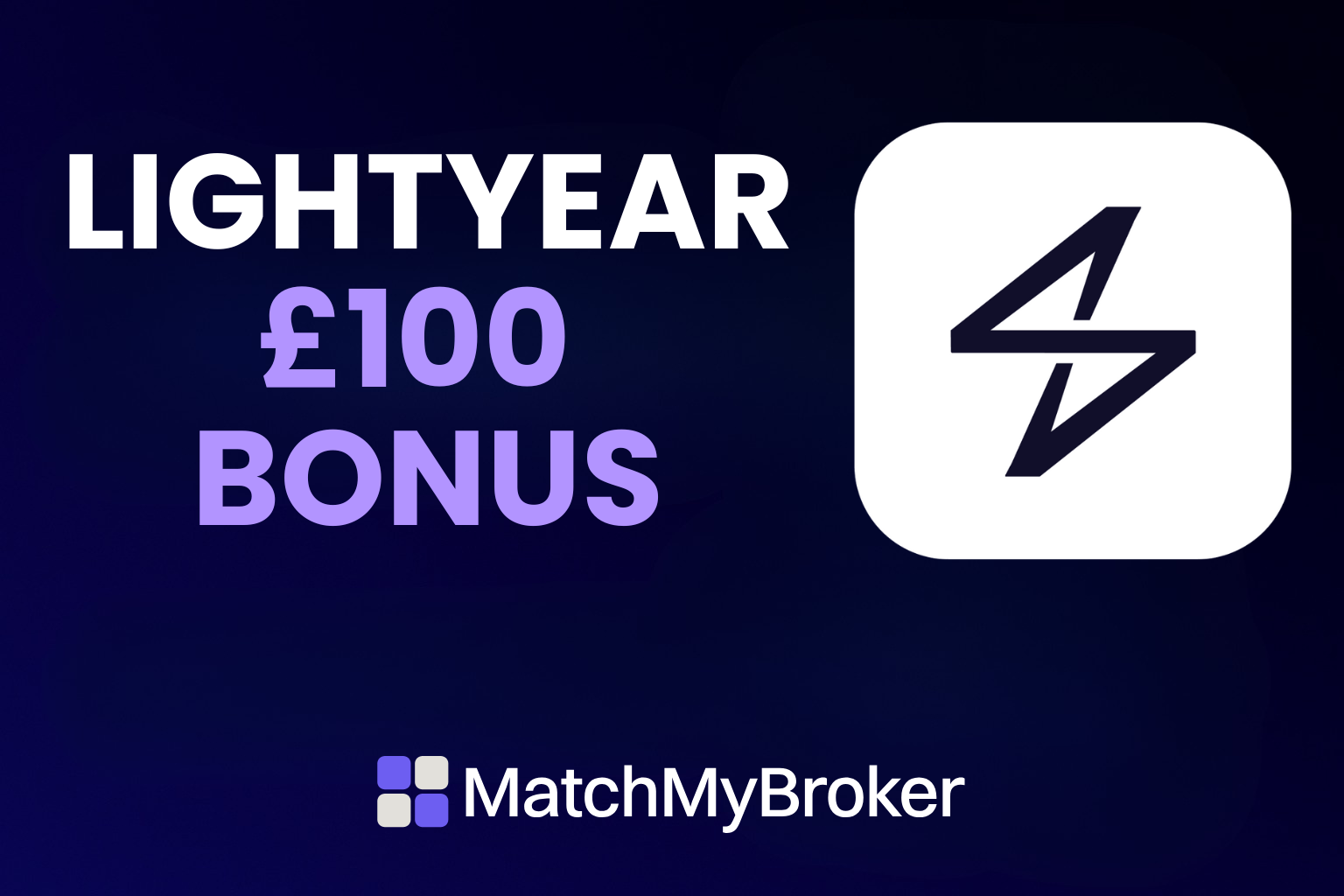GOOG vs GOOGL: The Complete Guide to Alphabet's Two Stock Classes


When you're ready to invest in Google's parent company, Alphabet, you'll face an immediate choice: Should you buy GOOG or GOOGL? Both represent ownership in the same company, but they have distinct characteristics that can impact your investment strategy. Here's everything you need to know about these two stock classes to make an informed decision.
What's the Difference Between GOOG and GOOGL?
The primary difference between GOOG and GOOGL comes down to voting rights:
GOOGL (Class A shares): These shares come with one vote per share, giving you a voice in corporate decisions like board elections and major company policies.
GOOG (Class C shares): These shares have no voting rights but represent the same ownership stake in Alphabet as GOOGL shares.
Both share classes represent equal economic ownership in Alphabet, receive the same dividends (if any are declared), and move together in price. The key distinction lies in shareholder governance rights.

The Story Behind Two Share Classes
In 2014, Google's founders Larry Page and Sergey Brin faced a dilemma. They wanted to maintain control over their company while also having flexibility to issue new shares for acquisitions and employee compensation without diluting their voting power.
Their solution was to create two public share classes. The original Class A shares (GOOGL) retained voting rights, while new Class C shares (GOOG) were issued as a stock dividend to existing shareholders. This structure allowed the founders to maintain control through their Class B shares, which carry 10 votes each but aren't publicly traded.

Price Differences: Is One Better Than the Other?
GOOGL shares typically trade at a slight premium to GOOG shares, reflecting the value of voting rights. However, this premium is usually minimal, often less than 1-2% of the stock price.
Interestingly, sometimes GOOG shares actually trade at a premium to GOOGL shares, showing that the market doesn't always value voting rights consistently. This can create opportunities for savvy investors who are willing to switch between the two classes based on relative pricing.
Trading Volume and Liquidity: A Key Consideration
One of the most important practical differences between GOOG and GOOGL is their trading characteristics. GOOG shares consistently demonstrate higher trading volume and superior liquidity, making them more attractive for active traders and larger position sizes.
GOOGL is said to have slightly better options volume and liquidity than GOOG, but for stock trading, GOOG often provides better liquidity for most investors.
Personal Experience: I personally went with GOOGL because of its higher trading volume and liquidity. While both stocks are highly liquid compared to most companies, GOOGL's superior volume makes it easier to execute trades at favorable prices, especially for larger positions.
Which Stock Should You Choose?
The choice between GOOG and GOOGL depends on your investment priorities:
Choose GOOGL if:
- You value having voting rights in corporate decisions
- You're building a long-term position and want governance participation
- You're comfortable with a slight price premium for voting rights
- You trade options regularly (better options liquidity)

Choose GOOG if:
- You prioritize cost efficiency and don't care about voting rights
- You're primarily focused on capital appreciation
- You want to minimize trading costs

Do Voting Rights Actually Matter?
For most individual investors, voting rights have limited practical value. Company insiders still control the majority of voting rights and can still override the votes of even a 100% consensus among Class A public shareholders.
Larry Page, Sergey Brin, and other insiders control most of the Class B shares, which carry 10 votes each. This means that even if you own thousands of GOOGL shares, your influence on corporate decisions remains minimal.
Performance Comparison
Both share classes have delivered virtually identical returns over time. Their performance similarity makes sense because both represent the same underlying business with identical economic rights to Alphabet's profits and growth.
Tax Implications and Switching
Some sophisticated investors use the dual-class structure for tax optimization strategies. The slight price differential between GOOG and GOOGL creates unique tax planning opportunities, as sophisticated investors sometimes implement tax-loss harvesting by selling one class at a loss while purchasing the other.
However, this strategy carries risks, as the IRS hasn't definitively ruled whether these share classes constitute "substantially identical securities" under wash sale rules. Always consult a tax professional before attempting such strategies.
The Third Class: Class B Shares
There's actually a third class of Alphabet shares that individual investors can't buy. Class B shares are held by founders and insiders and confer 10 votes per share but can't be publicly traded.
These shares are the real power behind Alphabet's governance structure, ensuring that Page, Brin, and other insiders maintain control regardless of how many public shares are outstanding.
Making Your Decision
For most investors, the choice between GOOG and GOOGL won't significantly impact your investment returns. Both offer identical exposure to Alphabet's business performance and growth prospects.
However, if you're building a substantial position or care about corporate governance, GOOGL's voting rights might justify the small premium. If you're focused purely on financial returns and cost efficiency, GOOG's typical discount makes it attractive.
My personal choice of GOOGL was driven by its superior liquidity and volume, which made trading easier and more cost-effective for my investment strategy. The voting rights were a secondary consideration, but the improved trading characteristics were the deciding factor.
Key Takeaways
- Same Company, Different Rights: Both GOOG and GOOGL represent equal ownership in Alphabet, with the only difference being voting rights.
- Minimal Price Difference: The premium for voting rights is typically less than 1-2% and sometimes reverses.
- Liquidity Matters: Consider trading volume and liquidity when choosing between the two, especially for larger positions.
- Voting Rights Are Limited: Individual investors have minimal influence regardless of which class they choose.
- Performance Is Identical: Both share classes deliver the same investment returns over time.
The bottom line is that both GOOG and GOOGL are excellent ways to invest in Alphabet's growth story. Your choice should be based on your specific investment strategy, whether you value voting rights, and your preference for trading liquidity.
Ready to Invest in Alphabet?
If you've decided to invest in either GOOG or GOOGL, choosing the right broker is crucial for minimizing fees and maximizing your returns. Not all brokers offer both share classes, and commission structures can vary significantly. Use our Broker Match tool to find the perfect platform for your investment needs, comparing fees, features, and available markets in just a few clicks.
For European investors looking to get started with Alphabet shares, Trading 212 offers both GOOG and GOOGL with zero commission trading. New users can take advantage of their welcome bonus and receive a free share worth up to €100/£100 when signing up with our exclusive promo code MMB. Check out our detailed Trading 212 promo code guide to learn how to claim this bonus and start building your Alphabet position with extra value from day one.
Watch A Video On This Topic
Frequently Asked Questions
Q: Can I convert GOOG shares to GOOGL shares or vice versa?A: No, you cannot directly convert between share classes. You would need to sell one class and buy the other, which could have tax implications.
Q: Do both share classes pay the same dividends?A: Yes, if Alphabet declares dividends, both GOOG and GOOGL shareholders receive identical payments per share.
Q: Which stock is more volatile?A: Both share classes have similar volatility since they represent the same underlying company. Any differences are typically minimal and temporary.
Q: Are there any other companies with similar dual-class structures?A: Yes, other tech companies like Meta (Facebook), Berkshire Hathaway, and many others have multiple share classes with different voting rights.
Q: Should I buy both GOOG and GOOGL to diversify?A: This wouldn't provide meaningful diversification since both represent the same company. Choose one based on your preferences for voting rights and liquidity.
Q: How often do the price differences between GOOG and GOOGL change?A: The price relationship can fluctuate daily based on trading volume and investor preferences, but significant differences are usually temporary due to arbitrage.
Q: If I'm a long-term investor, does the choice matter?A: For long-term investors focused purely on capital appreciation, the choice has minimal impact. However, if you plan to hold for decades and care about governance, GOOGL might be worth the small premium.
Disclaimer: This article is for informational purposes only and should not be considered personalized investment advice. Always consult with a qualified financial advisor before making investment decisions. Past performance does not guarantee future results.


